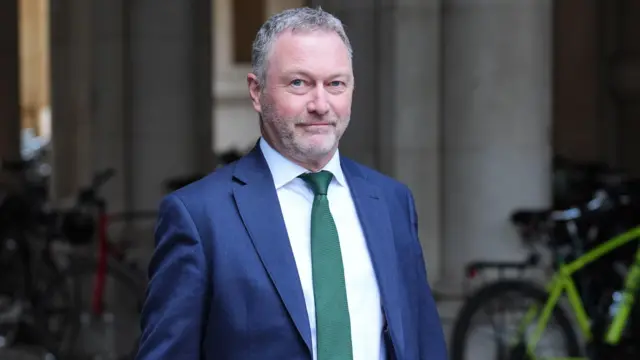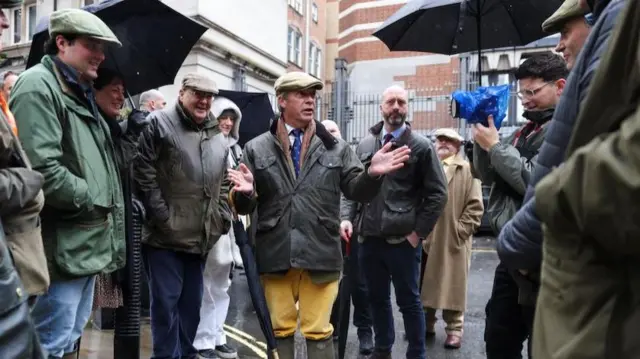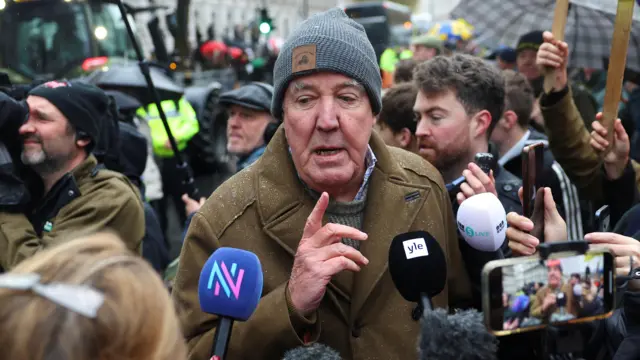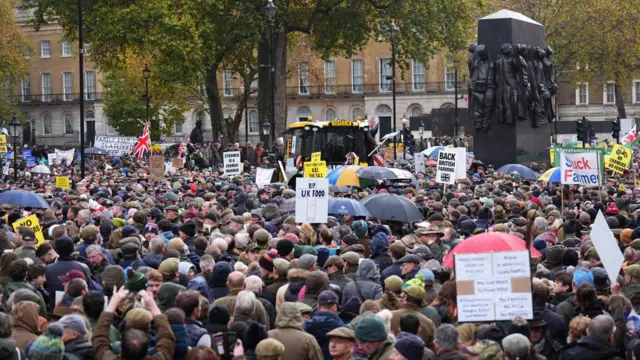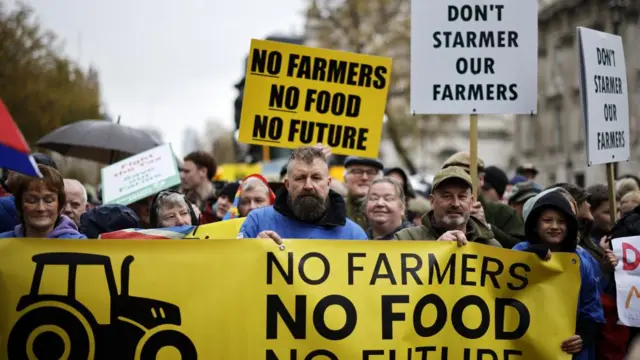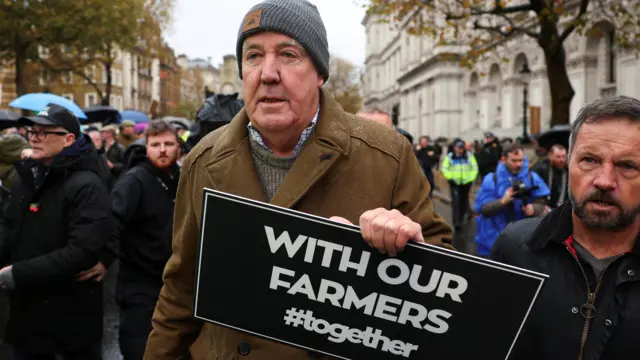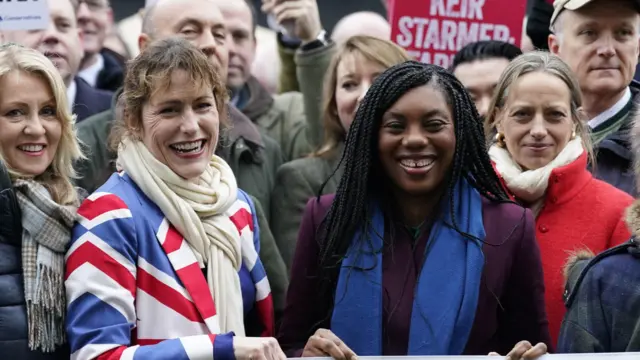Starmer insists 'vast majority' of farms unaffected by changespublished at 13:07 GMT 19 November 2024Breaking
Prime Minister Keir Starmer has just given an interview with broadcasters, saying he understands the concerns of farmers and "wants to support" them - but also stressing that the "vast majority of farms, would be unaffected" by the changes to inheritance tax.
Starmer then makes the case that the Labour government used the Budget to invest in other areas which affect rural communities, such as hospitals, schools and housing.
He adds that the government pledged £5bn over two years for "farming and food sustainability".
"That's hugely important for farmers, an additional amount for flooding that impacts them and on disease outbreak," the PM says.
Pressed on whether any changes could be made to the inheritance plans, Starmer replies: "It's very important for me to keep making the case that it's only farms and assets over £3m in a typical case of parents wanting to pass on to their children."
Telling broadcasters he is "confident the vast majority of farms will not be affected", Starmer also insists the government "had discussions yesterday with the farmers and will continue to do so because we must support them".
